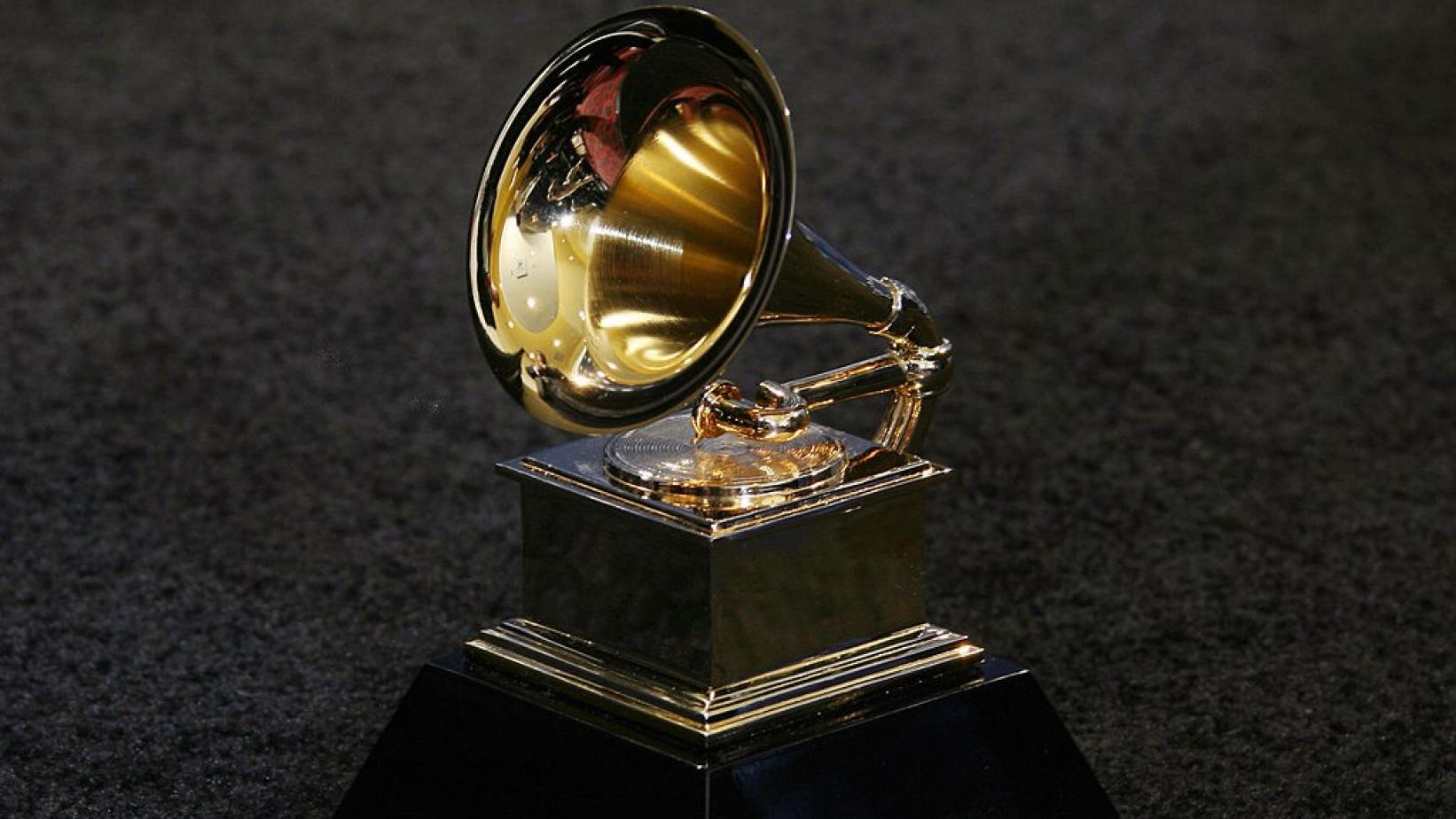Last week, Republic Records announced it would no longer use the term “urban” to describe “departments, employee titles and music genres” in an effort to “not adhere to the outdated structures of the past.” The popular term had long been used in the music industry as a synonym for traditionally Black musical genres such as Hip-Hop, R&B, and more dating back to the 1970s, pioneered by DJ Frankie Crocker.
Over time, the term “developed into a generalization of Black people in many sectors of the music industry, including employees and music by Black artists,” they shared in a press release. It is indeed undeniable that the poor use of verbiage allowed for segregation among genres, awards, and nominations. Which then brings The Recording Academy (the organization behind the Grammy Awards) into the conversation. NPR’s Rodney Carmichael addressed the Recording Academy in 2019 by stating that, “The Grammys don’t have a hip-hop problem,” he wrote, “the Grammys are the problem.”
Well, Republic’s actions have seemingly influenced the Grammys’s nomenclature, thus appearing in several categories, including Best Urban Contemporary Album and Best Latin Rock, Urban or Alternative Album (along with several discontinued awards). On Wednesday (June 10), the Grammys unveiled a massive slate of changes, including a few that directly address the term.
First, and most notably, the Recording Academy has renamed its “Best Urban Contemporary Album” to “Best Progressive R&B Album.” The Academy said in a statement that the category should “highlight albums that include the more progressive elements of R&B and may include samples and elements of hip-hop, rap, dance, and electronic music.”
“We’re constantly evaluating our Awards process and evolving it to ensure the Grammy Awards are inclusive and reflect the current state of the music industry,” Harvey Mason Jr., Chair & Interim President/CEO of the Recording Academy, said in remarks accompanying the rule changes. “Each year, we receive a number of rule change proposals from artists, producers and songwriters asking us to reevaluate our process,” Chief Awards Officer Bill Freimuth added, pointing out that they pay close attention to occurrences within the past 12 months.
The re-naming of the “Urban Contemporary” category seems to reflect recent conversations that have arisen within the music industry, as a result of Black Lives Matter-related initiatives Blackout Tuesday and #TheShowMustBePaused. In the last week, several black executives have noted that the word — which appears in marketing as well as employee and department titles as a synonym for “black music” — is antiquated, overarching, and inappropriate, especially at a time when hip-hop and R&B are some of the most leading genres of music. Previous winners in the “Urban Contemporary” category include Lizzo’s Cuz I Love You in 2019, Beyoncé and Jay-Z’s Everything Is Love in 2018, The Weeknd’s Starboy in 2017, and Beyoncé’s Lemonade in 2016.
Likewise, “Best Rap/Sung Performance” – last won by DJ Khaled, John Legend, and Nipsey Hussle for “Higher” – will now be known as “Best Melodic Rap Performance.”
However, the word is not being completely removed from the highly coveted award ceremony. The Grammys still feature the word “Urban” in other categories — such as in the newly named, Latin-field category “Best Latin Pop Or Urban Album.” The Recording Academy’s CEO shared that, “At the time that this category amendment proposal was put forth earlier in the year, use of the word ‘urban’ when classifying certain genres in Latin music was widely accepted. However, we understand that in the current climate, sentiment might be changing. We are continuing to follow the conversation and are committed to making necessary adjustments.”
The criteria for “Best New Artist” has also been updated, so now if a “new” artist has released 10 albums (or mixtapes), they can still be eligible. Up until this point, artists who had released more than 30 singles/tracks (or three albums) were not eligible for recognition here. “While there will be no specified maximum number of releases, the screening committees will be charged with determining whether the artist had attained a breakthrough or prominence prior to the eligibility year,” the memo reads.
You can read more about The Recording Academy’s strides towards making ethically sound changes here.






